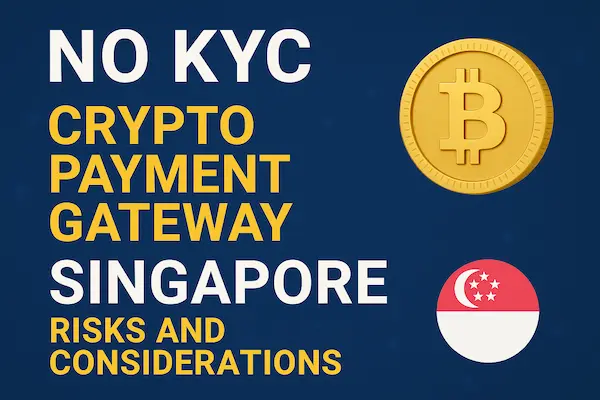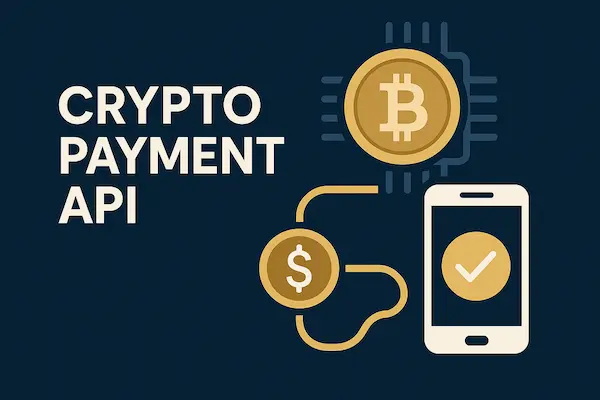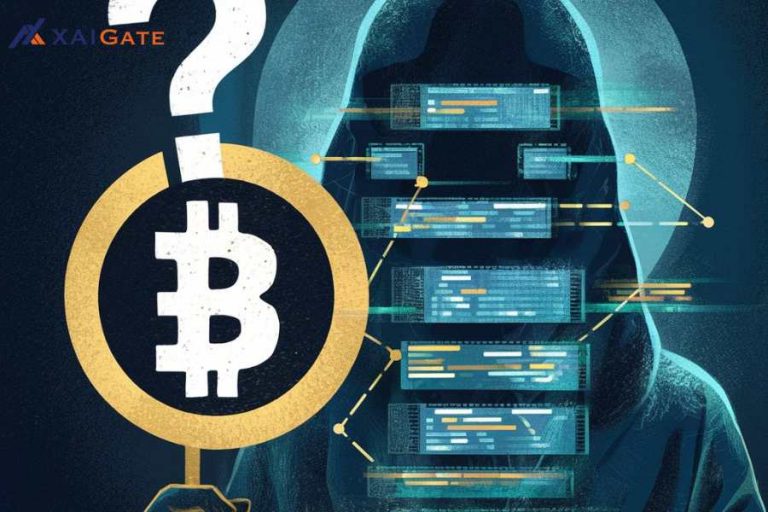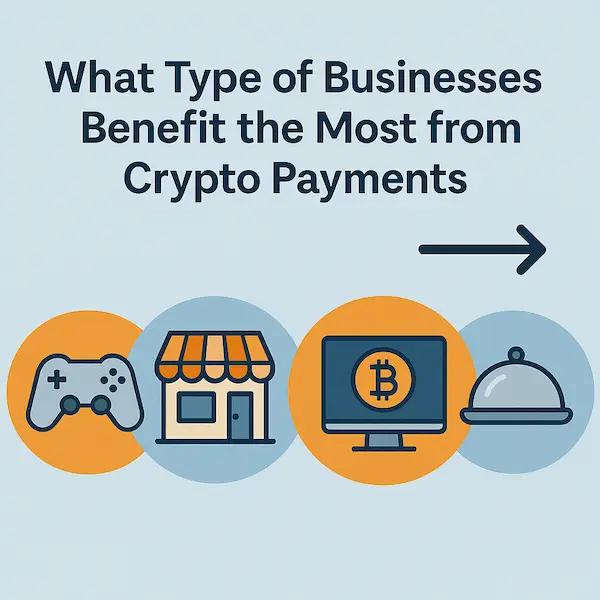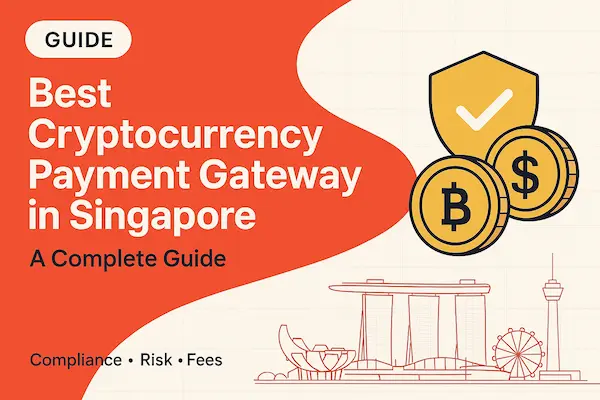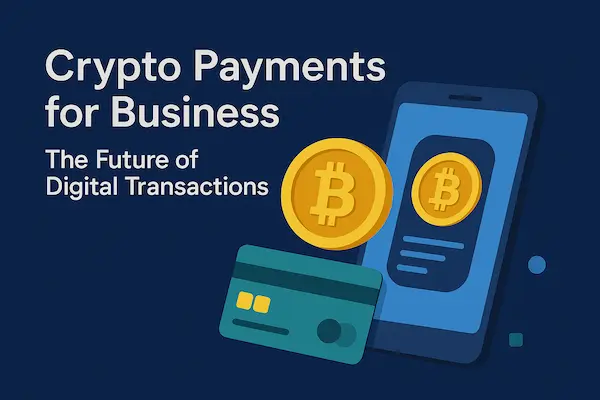Over the past five years, Singapore has grown into one of Asia’s most influential hubs for fintech and blockchain adoption. Startups, global crypto exchanges, and payment service providers all look to the city-state as a trusted financial center. Yet within this regulated landscape, a parallel trend has emerged: the rise of the No KYC Crypto Payment Gateway Singapore merchants often search for.
Contents
- 1 1. What is a No KYC Crypto Payment Gateway in Singapore?
- 2 2. Why Businesses in Singapore Consider No KYC Crypto Gateways
- 3 3. Risks of Using No KYC Crypto Payment Gateway Singapore
- 4 4. Legal & Compliance in Singapore
- 5 5. Who Uses No KYC Crypto Gateways?
- 6 6. Expert Considerations Before Choosing No KYC Crypto Payment Gateway in Singapore
- 7 7. Alternatives to No KYC Payment Gateways in Singapore
- 8 FAQs – No KYC Crypto Payment Gateway Singapore
- 9 Conclusion
1. What is a No KYC Crypto Payment Gateway in Singapore?
In simple terms, a crypto payment gateway is a service that allows merchants to accept digital currencies such as Bitcoin, Ethereum, or stablecoins like USDT and USDC as payment for goods and services. Normally, these gateways require KYC (Know Your Customer) checks. That means a business must submit corporate registration documents, the identity of directors, and proof of address before being approved.
A No KYC Crypto Payment Gateway in Singapore works differently. Instead of going through lengthy verification, a merchant can create an account with nothing more than an email address or wallet ID. Payments can be processed within minutes, without disclosing the identity of the company or individual behind the transactions.
While this may sound attractive for startups, freelancers, or high-risk industries, it comes with a heavy caveat. Under the Monetary Authority of Singapore (MAS) and the Payment Services Act (PSA), all licensed payment service providers must comply with AML (Anti-Money Laundering) and CFT (Countering the Financing of Terrorism) obligations. A gateway that skips KYC is therefore operating in a regulatory grey zone.
Comparison Table – No KYC vs. KYC Gateways
When evaluating payment options, it helps to compare the characteristics of a No KYC Crypto Payment Gateway Singapore businesses may consider against traditional KYC-compliant gateways. The differences highlight why the choice of provider directly affects compliance, stability, and growth potential.
| Feature | No KYC Gateway | KYC-Compliant Gateway |
|---|---|---|
| Onboarding Time | Minutes, with minimal checks | Several days to weeks with full verification |
| Compliance with MAS | Non-compliant, high regulatory risk | Fully aligned with Payment Services Act |
| Risk Level | Very high (fraud, AML concerns) | Low, monitored under MAS oversight |
| Banking Relationship | Weak, prone to account restrictions | Strong, accepted by local banks |
| Reputation | Questionable, often viewed as high-risk | Trusted, essential for long-term growth |
| Scalability | Limited, vulnerable to sudden shutdowns | Sustainable, suitable for international expansion |
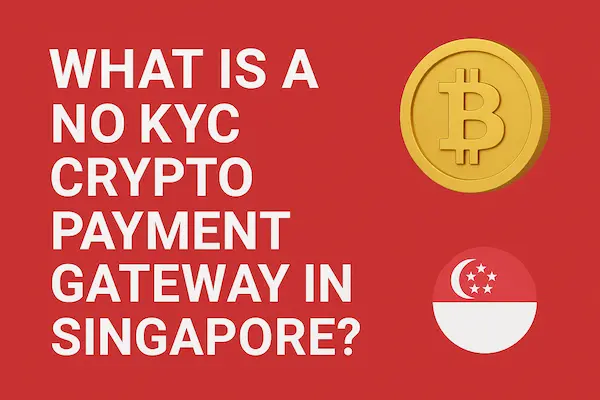
2. Why Businesses in Singapore Consider No KYC Crypto Gateways
In Singapore, where financial regulations are among the strictest in Asia, the growing interest in a No KYC Crypto Payment Gateway Singapore may look surprising. But the reality is that many freelancers, startups, and high-risk merchants are searching for faster, simpler ways to move money across borders.
1. Faster Onboarding and Instant Payments
For entrepreneurs just starting out, waiting several days for compliance checks can be a serious obstacle. With a No KYC gateway, registration often takes only minutes, allowing a business to begin accepting USDT or USDC almost immediately.
A small Singapore e-commerce shop selling gadgets internationally once reported that switching to a No KYC provider reduced onboarding time from nearly two weeks to under 30 minutes—helping them secure sales during peak shopping seasons.
2. Privacy and Data Concerns
KYC requires merchants to hand over sensitive information such as IDs, bank statements, and company incorporation papers. Some business owners worry about the risks of data breaches or misuse.
A No KYC Crypto Payment Gateway in Singapore avoids this disclosure, giving merchants a sense of control over their privacy. For freelancers dealing with international clients, the ability to transact without revealing personal identity can feel liberating.
3. Access to Global Markets
Singapore banks often apply strict filters on payments involving regions like Africa or Latin America. Transactions may be delayed, heavily scrutinized, or even rejected outright.
No KYC crypto gateways give businesses a way to serve clients worldwide with fewer obstacles. For instance, a freelance developer in Singapore working with clients in Nigeria can get paid directly in stablecoins, avoiding expensive wire fees.
4. Cost and Flexibility
KYC-compliant providers usually add costs to cover compliance operations. With fewer checks, No KYC gateways often mean lower setup fees and fewer bureaucratic steps.
For merchants in e-commerce, gaming, and offshore services, this flexibility allows them to experiment with new markets without committing heavily to traditional infrastructure.
5. The Trade-Off Behind the Appeal
All of these factors explain why the search term “No KYC Crypto Payment Gateway Singapore” continues to gain traction. Yet the same reasons that make these gateways appealing—speed, privacy, and cost savings—are also what make them risky.
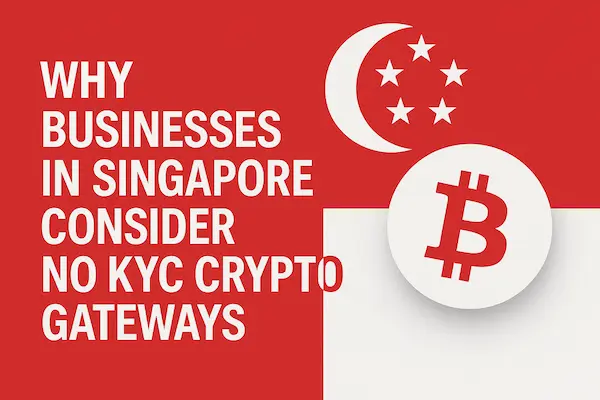
3. Risks of Using No KYC Crypto Payment Gateway Singapore
Choosing a No KYC Crypto Payment Gateway in Singapore may look attractive in the short term, but the risks attached are substantial. These risks affect not only regulatory standing but also financial security and long-term business growth.
1. Regulatory and Legal Exposure
Under the Payment Services Act, all providers are required to comply with AML and CFT standards. Using a No KYC service puts a business in conflict with these obligations, creating exposure to penalties, audits, or service disruptions.
2. Banking Exclusion
Singapore banks adopt a zero-tolerance approach when dealing with suspicious transactions. Merchants linked with No KYC gateways risk having their banking relationships restricted or terminated, leading to operational difficulties.
3. Fraud and Financial Crime
Without customer verification, these gateways are more vulnerable to fraud, money laundering, and illicit transactions. This exposes merchants to financial instability and potential investigations.
4. Reputational Damage
Operating through non-compliant channels damages credibility. In Singapore’s fintech ecosystem, trust is a valuable asset. Once associated with unregulated practices, a company can lose investor confidence and future partnership opportunities.
5. Lack of Long-Term Stability
While No KYC solutions offer speed and convenience, they rarely provide a foundation for sustainable growth. Tighter regulations and increased enforcement mean businesses relying on such services face long-term uncertainty.
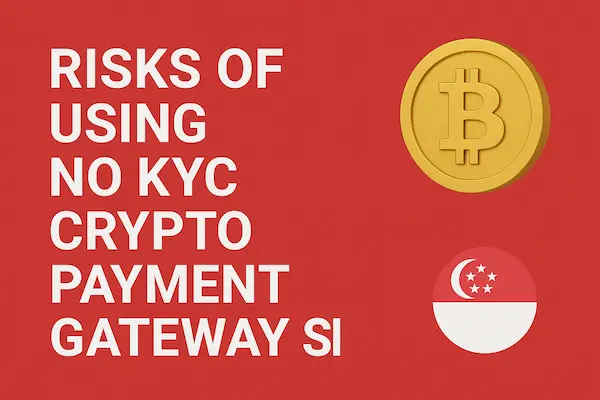
4. Legal & Compliance in Singapore
Singapore is internationally recognized for its strict but innovation-friendly financial regulations. When it comes to crypto payments, the Monetary Authority of Singapore (MAS) plays a central role in setting standards. For businesses exploring a No KYC Crypto Payment Gateway in Singapore, understanding the legal and compliance framework is essential.
1. The Payment Services Act (PSA)
The PSA is the core regulation governing digital payment tokens and payment service providers. It requires gateways to conduct customer due diligence, maintain transaction records, and comply with AML and CFT obligations. Any provider operating without KYC is effectively breaching this legal framework.
2. AML and CFT Obligations
Singapore aligns its anti-money laundering and counter-terrorism financing standards with the Financial Action Task Force (FATF). This means gateways must verify customer identities, monitor suspicious transactions, and report them to regulators. A No KYC service bypasses these obligations, placing merchants in a risky position.
3. MAS Enforcement Approach
MAS has consistently taken a strict stance against unlicensed operators. It has issued warnings, added entities to the Investor Alert List, and even restricted access to overseas crypto exchanges that failed to meet local standards. This signals that tolerance for No KYC practices in Singapore is extremely low.
4. International Comparisons
Other jurisdictions, such as Dubai under VARA or Indonesia under Bappebti, are also tightening rules on crypto gateways. The trend across Asia is toward stricter compliance, meaning merchants in Singapore should expect even less room for No KYC models in the coming years.
5. Who Uses No KYC Crypto Gateways?
Although Singapore maintains a compliance-first financial environment, there are still segments of the market that turn to a No KYC Crypto Payment Gateway in Singapore. These groups are often driven by speed, convenience, or the limitations they face with traditional payment channels.
1. Freelancers and Independent Professionals
Freelancers working in design, programming, or digital marketing often prefer fast settlement in stablecoins. They see No KYC gateways as a way to avoid delays from banks or platforms like PayPal, especially when working with clients overseas.
2. Small and Medium E-Commerce Merchants
Cross-border online sellers dealing with international buyers sometimes use No KYC crypto gateways to handle payments quickly. For them, the ability to accept USDT or USDC without complicated onboarding feels like a competitive advantage in fast-moving markets.
3. High-Risk Industry Operators
Businesses in sectors such as online gaming, adult services, or offshore financial consulting are more likely to seek out No KYC options. These industries are often restricted by banks, making alternative gateways attractive despite the risks.
4. Startups Testing New Markets
Young companies exploring international expansion occasionally use No KYC gateways to test customer demand before committing to a licensed provider. The minimal setup requirements allow them to experiment with global payments at low cost.
5. Individuals Avoiding Traditional Banking
Some individuals who are skeptical of financial institutions, or who struggle to access corporate banking services, choose No KYC Crypto Payment Gateways as an alternative. In Singapore, this group is smaller, but it reflects a broader global trend.
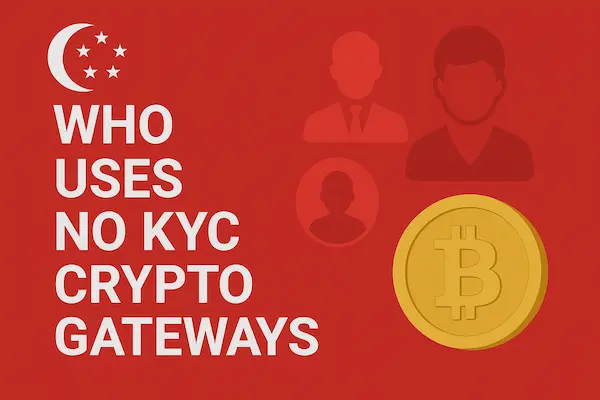
Comparison Table – Risks vs. Benefits of No KYC Crypto Gateways
The decision to use a No KYC Crypto Payment Gateway in Singapore often comes down to weighing short-term advantages against long-term risks. The following table highlights the contrast between the benefits merchants hope to gain and the potential dangers they must accept.
| Aspect | Benefits | Risks |
|---|---|---|
| Onboarding | Instant access, no paperwork | Non-compliance with MAS rules |
| Privacy | Minimal data disclosure | Lack of accountability in disputes |
| Transaction Speed | Near real-time settlement | Higher exposure to fraud |
| Cost | Lower setup fees, reduced friction | Potential hidden losses from service shutdowns |
| Market Reach | Easier access to global clients | Limited acceptance by banks and regulated partners |
| Business Growth | Flexible in early stages | Unsustainable for long-term expansion |
6. Expert Considerations Before Choosing No KYC Crypto Payment Gateway in Singapore
Before adopting a No KYC Crypto Payment Gateway in Singapore, business owners should carefully weigh expert recommendations. The decision is not just about convenience; it directly impacts compliance, reputation, and long-term strategy.
1. Balancing Privacy and Compliance
Privacy may be important for some merchants, but in Singapore, compliance with the Payment Services Act is a legal requirement. Experts advise treating privacy as a secondary concern when weighed against regulatory obligations.
2. Evaluating Short-Term vs. Long-Term Goals
No KYC gateways may suit freelancers or startups in their early stages, but they are unsuitable for businesses aiming to scale. Long-term growth requires stable partnerships with banks, investors, and regulated payment providers.
3. Considering Hybrid Solutions
Some service providers now offer partial or tiered KYC. For example, merchants can process smaller transactions with minimal checks, but higher volumes trigger stricter verification. This hybrid model can provide a balance between speed and compliance.
4. Consulting Legal and Compliance Advisors
In Singapore’s regulated environment, expert legal guidance is crucial. Businesses are encouraged to consult lawyers or compliance specialists before adopting any payment solution that could trigger MAS scrutiny.
5. Checking MAS-Licensed Providers
MAS publishes and updates a list of licensed payment service providers. Reviewing this list before selecting a gateway ensures the chosen provider operates within Singapore’s regulatory framework.

7. Alternatives to No KYC Payment Gateways in Singapore
For merchants seeking speed and flexibility but wishing to remain compliant, there are safer alternatives to a No KYC Crypto Payment Gateway in Singapore. These options provide legal certainty while still offering access to digital assets and global markets.
1. MAS-Licensed Payment Service Providers
The most reliable option is to work with a provider licensed under the Payment Services Act (PSA). These gateways meet AML and CFT obligations, making them acceptable to banks, partners, and regulators. They may take longer to set up, but they provide long-term security.
2. Offshore Providers with Partial KYC
Some international providers allow merchants to start with minimal verification, then expand services as transaction volumes grow. While not fully exempt from compliance, they offer a more flexible path compared to Singapore’s strict local requirements.
3. Peer-to-Peer Settlement Networks
Decentralized networks allow merchants and clients to transact directly, often using stablecoins. These solutions reduce reliance on intermediaries, but they require careful risk management and do not replace compliance obligations.
4. Stablecoin-Focused Gateways
Specialized providers that focus on USDT or USDC payments may offer faster onboarding while still observing simplified compliance. For businesses dealing mainly with cross-border clients, this can be a balance between efficiency and regulation.
5. Hybrid KYC Models
Some gateways offer tiered compliance: small daily transaction limits can be processed with light verification, while higher thresholds require full KYC. This model allows startups to begin quickly and transition into compliance as they grow.
FAQs – No KYC Crypto Payment Gateway Singapore
1. Is a No KYC Crypto Payment Gateway legal in Singapore?
It operates in a regulatory grey area and does not comply with the Payment Services Act.
2. Why do some merchants still use No KYC gateways?
They choose them for faster onboarding, privacy, and global reach, despite higher risks.
3. What risks come with a No KYC Crypto Payment Gateway in Singapore?
Key risks include regulatory penalties, fraud exposure, banking exclusion, and reputational damage.
4. Can Singapore banks accept payments from No KYC gateways?
Generally no, as banks classify these transactions as high-risk and may block them.
5. Are there MAS-approved alternatives to No KYC crypto gateways?
Yes, MAS licenses regulated payment service providers that offer compliant crypto payment solutions.
6. Can freelancers in Singapore use No KYC gateways for overseas clients?
They can, but they risk account freezes and non-compliance issues if funds touch the local banking system.
7. What crypto assets are most common on No KYC gateways?
Stablecoins such as USDT and USDC are the most widely used due to fast settlement and global liquidity.
8. Will regulations on No KYC Crypto Payment Gateway Singapore tighten further in 2026?
Yes, MAS has signaled stronger AML and CFT enforcement, leaving little room for non-compliant models.
Conclusion
The growing interest in No KYC Crypto Payment Gateway Singapore reflects a broader tension between the demand for speed and the reality of strict compliance. In the short term, these gateways promise convenience and global reach. But in the long term, they expose merchants to regulatory penalties, reputational harm, and financial instability.
With MAS tightening its oversight in 2026, businesses in Singapore must recognize that trust and compliance are the true currency of growth. Privacy matters, but credibility is what secures partnerships, investor confidence, and long-term expansion.
Forward-looking companies are already shifting from unregulated solutions to hybrid or licensed providers. The message is clear: success in Singapore’s fintech ecosystem is no longer about finding loopholes, but about building a model that can withstand legal, financial, and reputational tests.
Quick Summary Table
| Key Factor | Short-Term Outcome | Long-Term Impact |
|---|---|---|
| Onboarding | Fast, no checks | Exposed to MAS penalties |
| Privacy | Limited data sharing | Lack of accountability |
| Banking | Easier to bypass banks | High chance of account freezes |
| Growth | Flexible in early stage | Unsustainable for scale-up |
Try XaiGate -Best Crypto Payment Gateway for Businesses
If you are considering a No KYC Crypto Payment Gateway in Singapore, now is the time to pause and reassess. The regulatory landscape is evolving fast, and MAS is increasing scrutiny. Choosing a licensed provider may take more effort at the beginning, but it ensures long-term stability and trust.
Don’t trade short-term speed for long-term risk.
Explore compliant alternatives today, review MAS’s list of licensed providers, and make decisions that protect your business for 2026 and beyond.
For daily updates, subscribe to XAIGATE’s blog!
We may also be found on GitHub, and X (@mxaigate)! Follow us!

